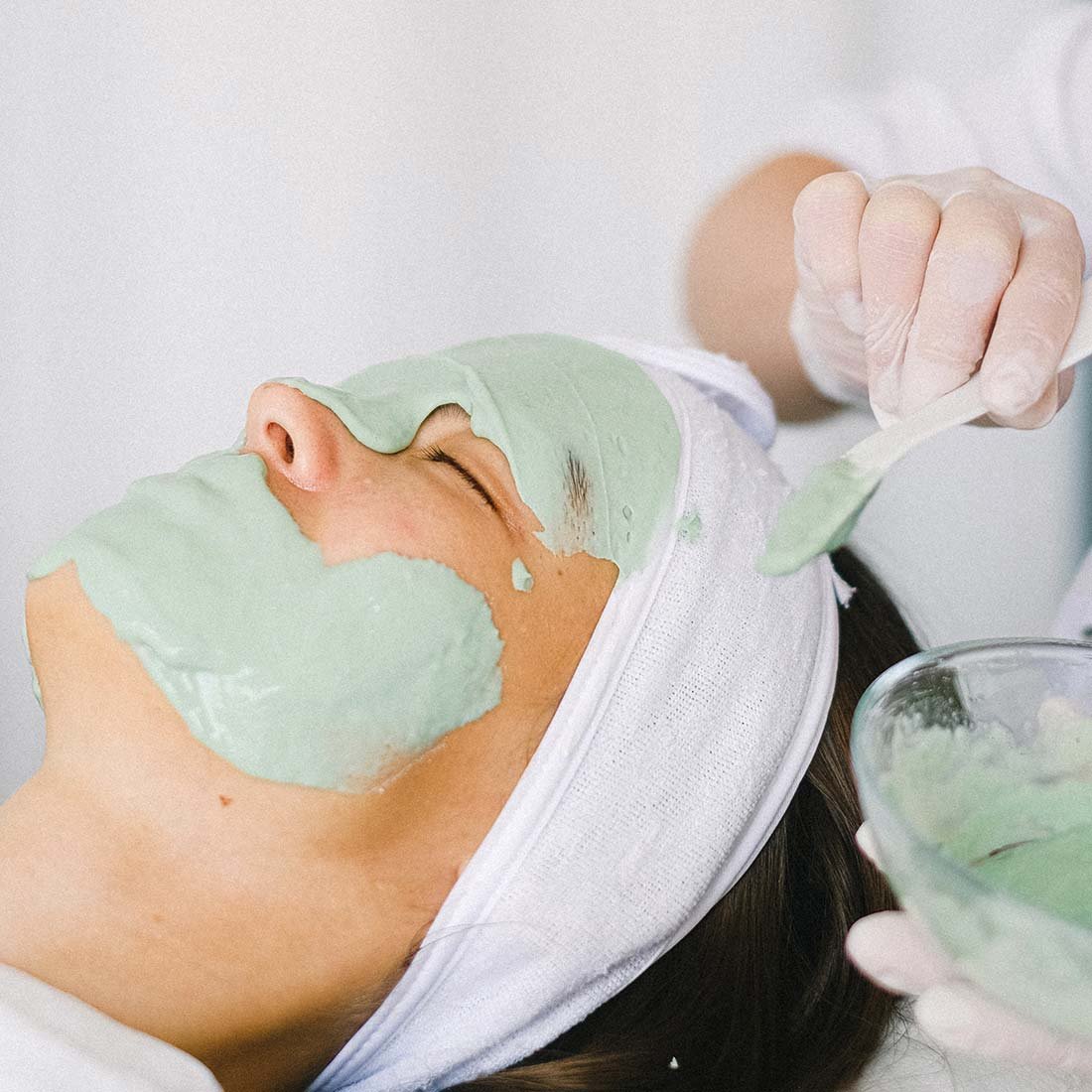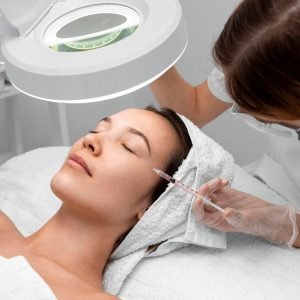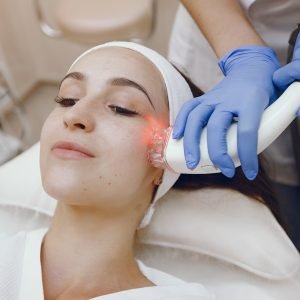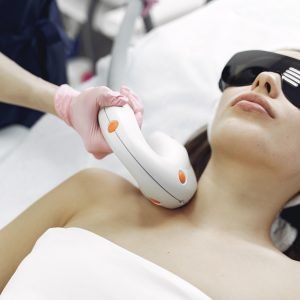No products in the cart.
Facials & Body Treatments
Excess melanin production is a common cause of pigmentation disorders in dark skin, resulting in dark spots, patches, or uneven skin tone. Hyperpigmentation, melasma, and post-inflammatory markings are examples of skin conditions that can have an impact on its look. To minimise adverse effects such as scarring or discolouration, treating pigmentation in darker skin necessitates a specialised technique; thus, professional care is required for safe, effective outcomes.

Overview
Why Choose Our Pigmentation Treatment for Dark Skin?
Our pigmentation therapy for dark skin is designed to address the special issues of melanin-rich skin. We employ modern, delicate procedures to remove unwanted pigmentation without irritating or damaging the surrounding skin.
Prime Skin & Laser Clinic offers skilled practitioners who understand the intricacies of treating darker skin tones, assuring a safe and effective outcome. The treatment fades dark spots, evens up skin tone, and restores a radiant complexion. Our solutions provide personalised care and minimal downtime, allowing you to achieve long-lasting, glowing skin. Trust us for skilled pigmentation therapy tailored to darker skin tones.
How Does It Work?
- Targeted Laser Therapy: Advanced lasers break down the melanin clumps that cause dark spots without injuring the surrounding skin, delivering safe outcomes for darker skin tones.
- Gentle Chemical Peels: Specialised peels remove pigmented layers while stimulating the creation of new, even-toned skin cells.
- Melanin Regulation: Treatments can help regulate melanin production and avoid future pigmentation disorders.
- Customised Approach: Treatments that are tailored to your unique skin type minimise the chance of scarring, discolouration, or irritation.
- Gradual Improvement: A series of treatments result in long-term improvements in skin tone and texture.
RESULTS
Following our pigmentation treatment, you’ll notice fewer dark spots, a more even complexion, and brighter, healthier skin. Darker skin tones necessitate cautious treatment to avoid side effects, and our specialised method guarantees natural-looking long-lasting results.
After a few sessions, hyperpigmentation diminishes, revealing a smoother, more luminous complexion. Consistent treatment, combined with a healthy skincare routine and sun protection, helps to preserve these benefits. The result is a bright, radiant complexion that highlights your natural beauty while minimising the danger of discolouration or scars.
Before and After – Treatments






| Prices per treatment | SINGLE | |
|---|---|---|
| Pigment PicoWay – Cheeks | $559.00 | |
| Pigment PicoWay – Decolletege | $559.00 | |
| Pigment PicoWay – Full Arms | $699.00 | |
| Pigment PicoWay – Full Face | $659.00 | |
| Pigment PicoWay – Hands | $419.00 | |
| Pigment PicoWay – Upper Back | $699.00 |
Which pigmentation types are most prevalent in dark skin?
Melasma, age spots, and post-inflammatory hyperpigmentation (PIH) are common forms. While melasma is frequently associated with hormonal changes and is frequently observed in pregnant women or those using birth control, PIH happens after skin injuries such as acne or eczema.
Are dark skin types safe candidates for pigmentation treatments?
Yes, when applied by qualified professionals, a variety of pigmentation treatments are safe for dark skin. To prevent negative effects, including additional discolouration or irritation, it is essential to utilise products and treatments designed especially for darker skin tones.
Which types of pigmentation are most common in people with dark skin?
Common types include ageing spots, melasma, and post-inflammatory hyperpigmentation (PIH). PIH occurs following skin injuries like acne or dermatitis, whereas melasma is often linked to hormonal shifts and is commonly seen in pregnant women or those taking birth control.
Are pigmentation treatments safe for those with dark skin?
Yes, a range of pigmentation treatments are safe for dark skin when applied by trained specialists. Using products and treatments made specifically for darker skin tones is crucial to avoiding side effects, such as more discolouration or irritation.
Can acne cause pigmentation on dark skin?
Yes, acne frequently causes post-inflammatory hyperpigmentation, particularly in people with darker skin. To limit the risk of pigmentation, acne should be treated as soon as possible, and pimples should not be picked or squeezed.
